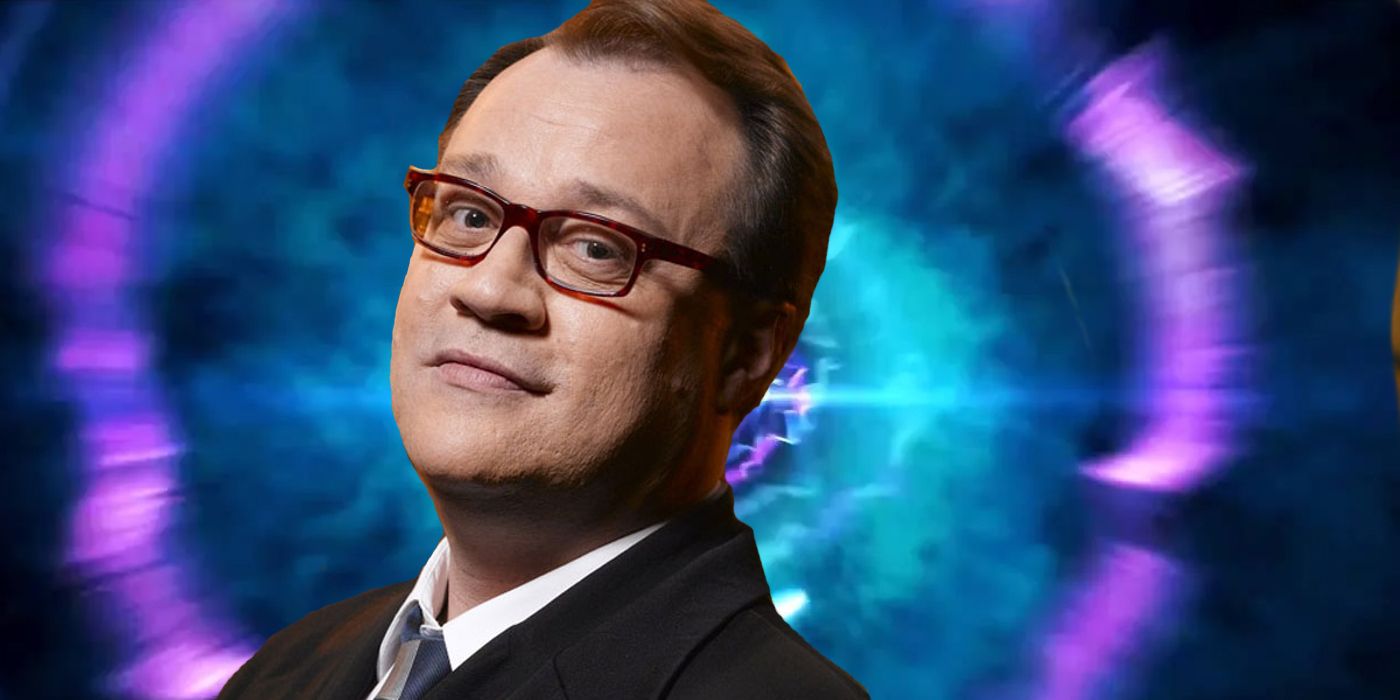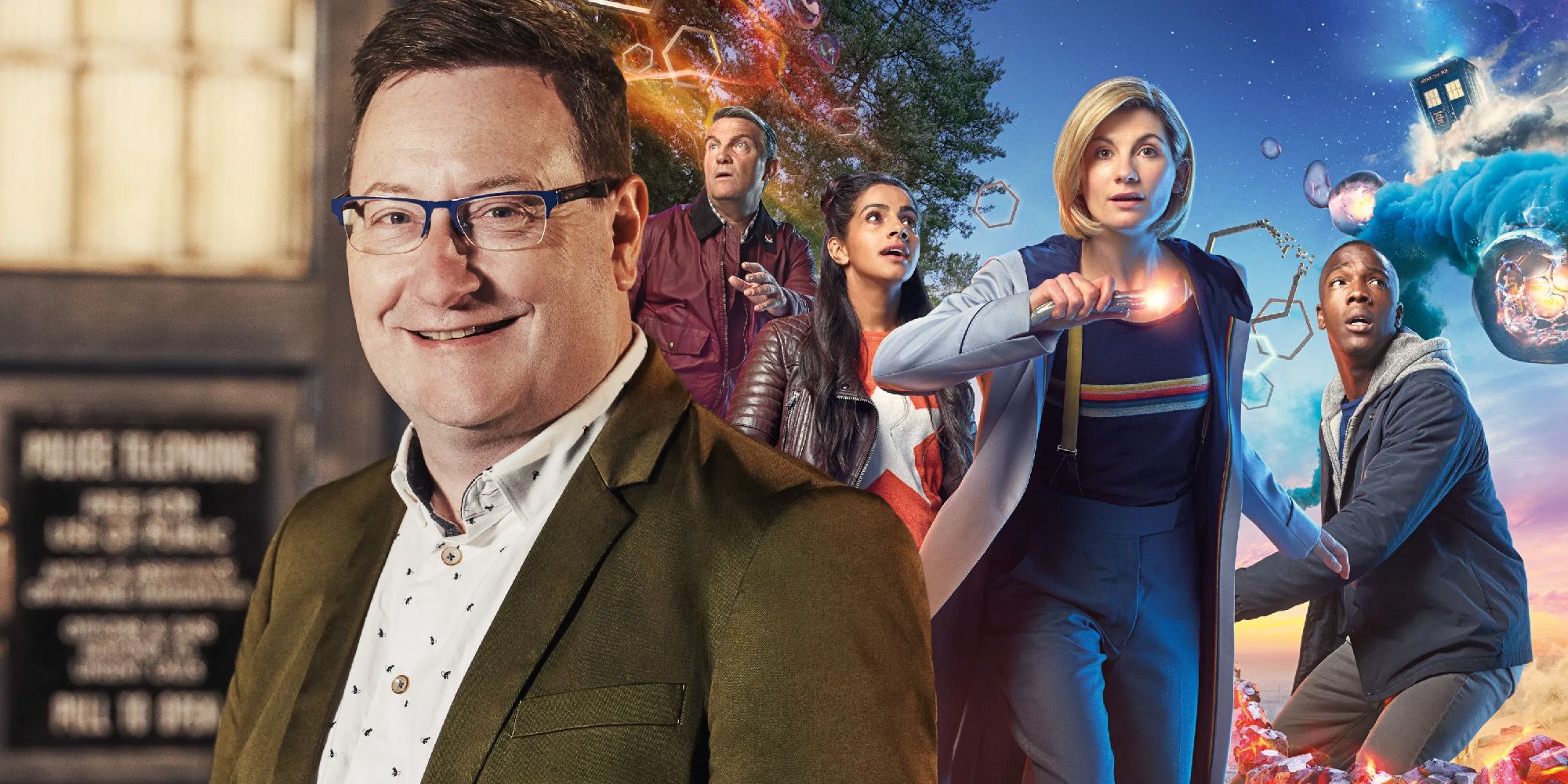Russell T. Davies is returning to Doctor Who - but even he can't fix the BBC's biggest problem with the long-running science-fiction TV series. Current Doctor Who showrunner Chris Chibnall and Thirteenth Doctor Jodie Whittaker seem to have been something of a package deal, signed up for three seasons and a number of specials. While the next Doctor's identity is still a mystery, the next showrunner will be Russell T. Davies himself, mastermind of the 2005 revival.
Davies will face a difficult challenge. The BBC seems to have come close to canceling Doctor Who, with executive producer Matt Strevens admitting the production team was unsure of the show's future. He only found out about Davies' return the day before it was announced, and sounds to have breathed a sigh of relief. "My utter relief was, we didn't break it, and Jodie gets to regenerate," he observed in self-deprecating style at the Gallifrey One fan convention. Strevens' comments tie into a general sense of pessimism and concern in the fanbase right now, because the Chibnall era has proved divisive and ratings haven't been great. The return of Russell T. Davies has left many fans delighted, in large part because he seems to have a strong vision for the show's future. But Davies' return alone isn't enough to fix the BBC's biggest problem with Doctor Who - because the biggest issue lies in the very way the BBC handle the series.
This is actually at least the second time the BBC has considered canceling Doctor Who since it was relaunched in 2005. Ironically, the first time was when Davies himself departed alongside Tenth Doctor David Tennant, with BBC execs fearing Davies' vision and Tennant's performance were irreplaceable. The BBC's approach to Doctor Who emphasizes the importance of a showrunner's singular vision and voice, with the public service broadcaster wary of slipping into making the series by committee. While this undoubtedly leads to remarkably well-defined eras of Doctor Who - modern Who is basically defined by its showrunners, rather than the Doctors as per the classic series - it means changeovers are perilous times. This is the greatest issue with Doctor Who; the departure of a showrunner is automatically a time of risk, where the future is uncertain and insecure.
Davies is returning with a strong vision for Doctor Who's future, but that vision will never be secure so long as the BBC fail to plan ahead. The BBC always knew Chibnall was going to leave after three seasons, and yet they seem to have only begun looking for a replacement quite late in the day. That kind of lapse is unforgivable and suggests the BBC is far too short-termist when it comes to planning Doctor Who. Rather than appoint a new showrunner in the nick of time, they should instead spend the next few years planning for beyond Davies, figuring out his potential successors and approaching them.
This, more than anything else, would secure the long-term future of Doctor Who - because it would be an approach that lessens the tension at points of marked change. The next showrunner could spend years refining their vision, watching their predecessor and seeing what works and what doesn't, allowing them to hit the ground running and work on their next season straight away. With such an approach, Doctor Who need never be in fear of cancelation again.


